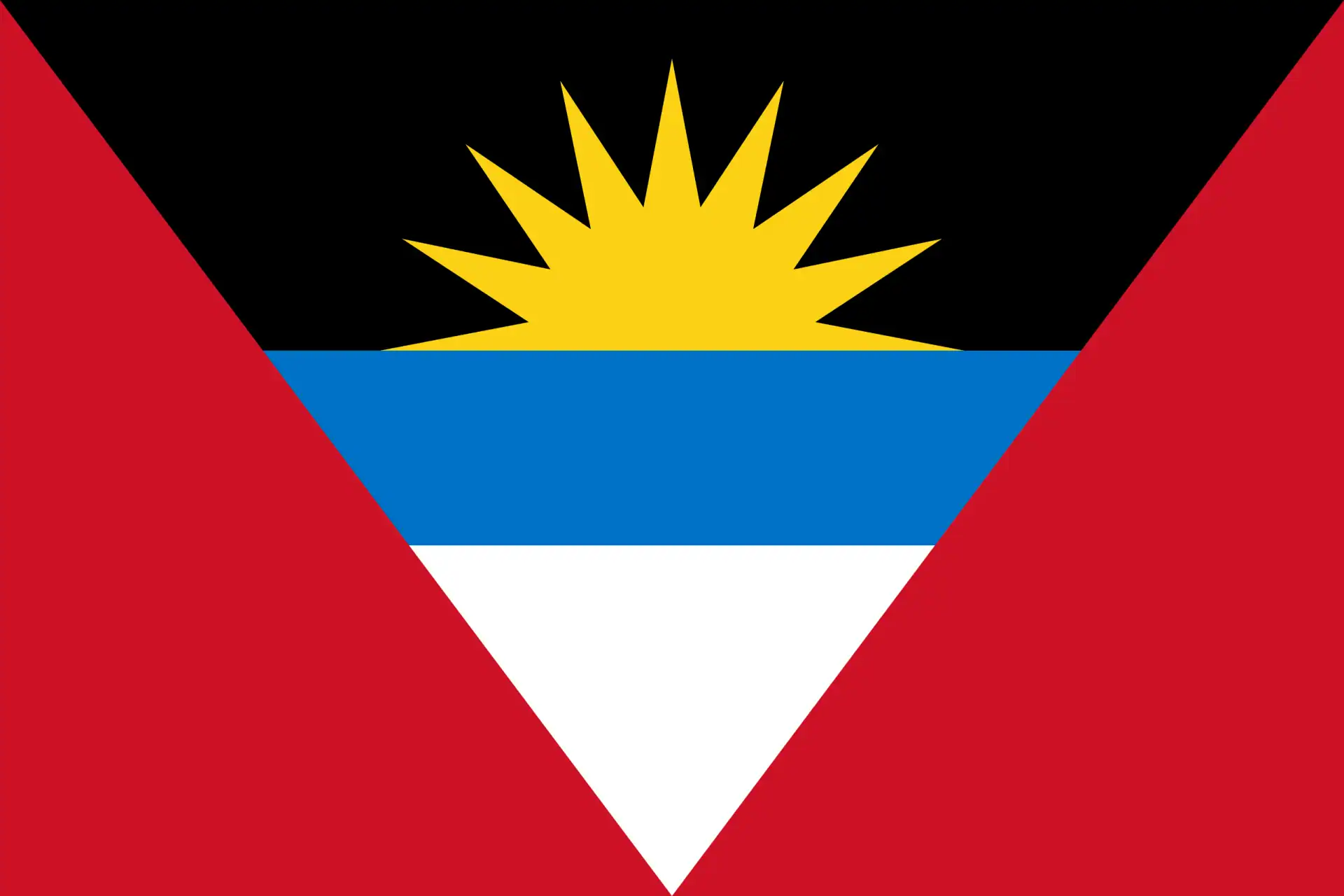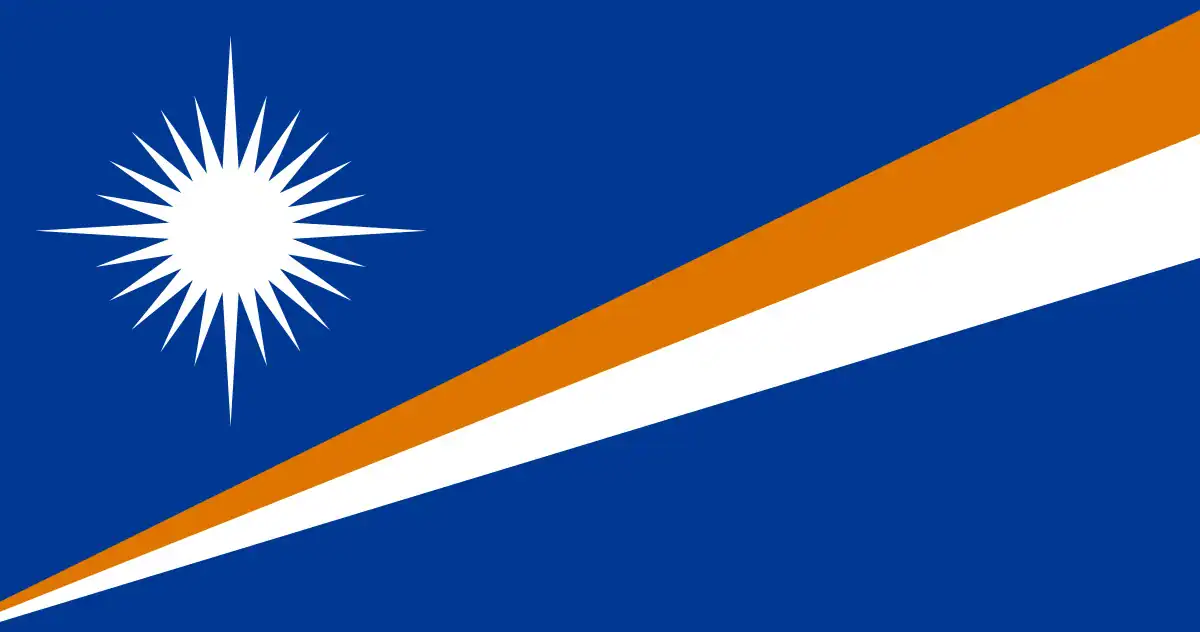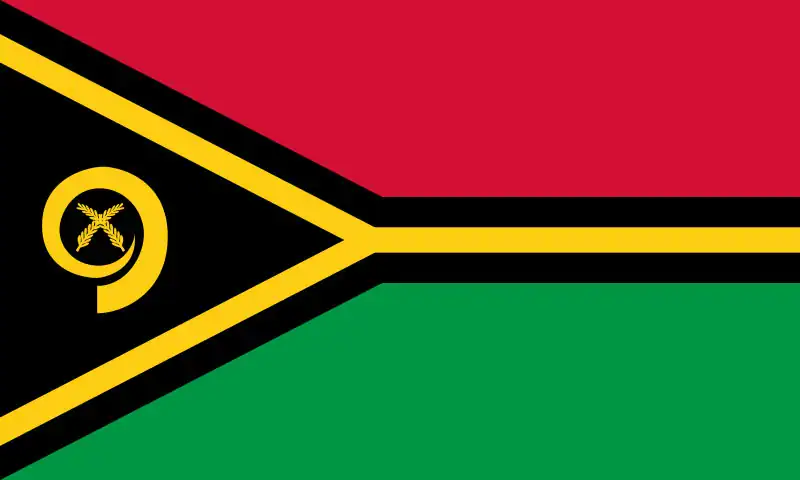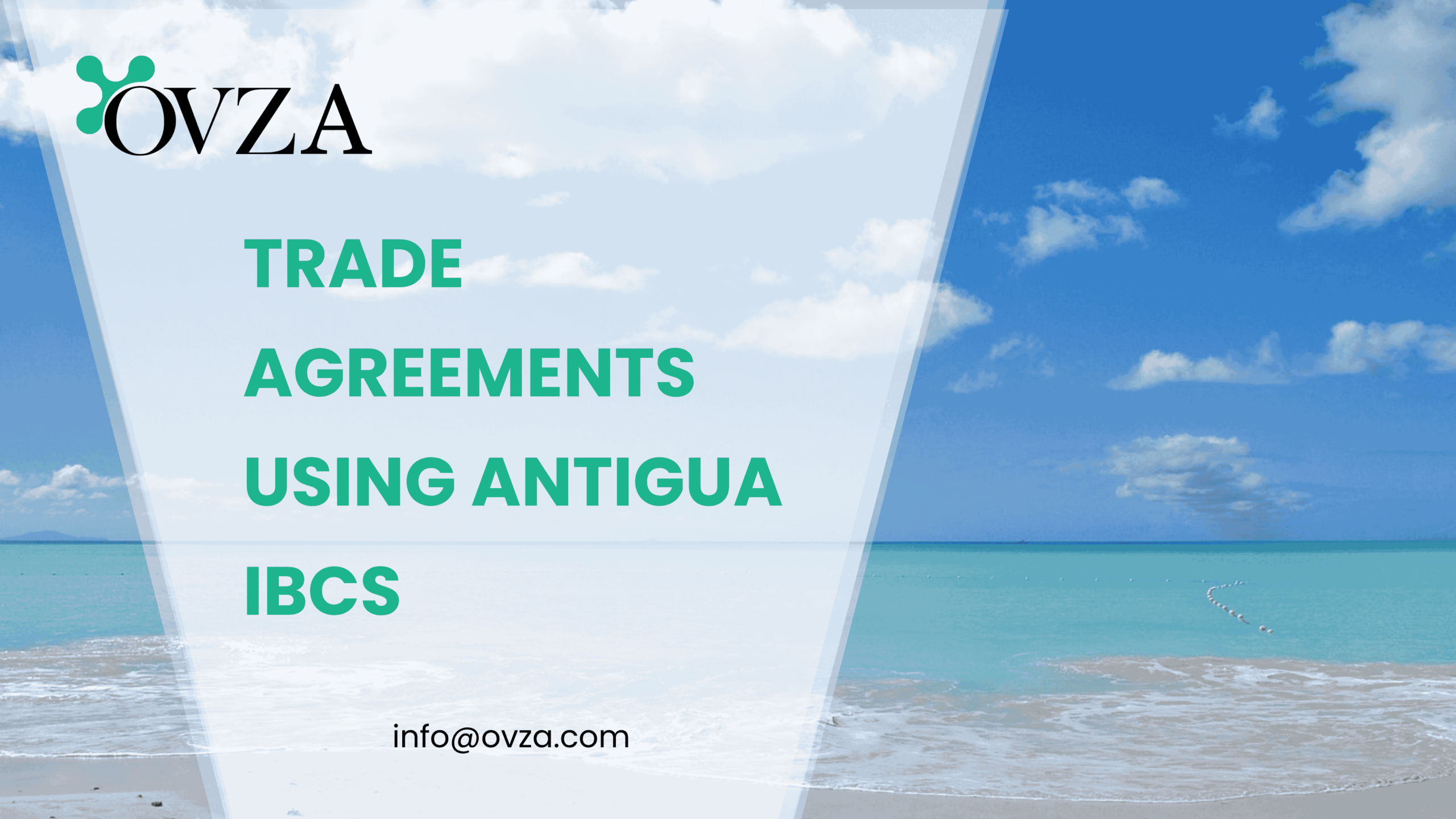We have made a list of the top 5 cheapest offshore jurisdictions for company renewal based on compliance and efficiency. Offshore corporate jurisdictions are no longer solely evaluated on their initial incorporation costs or tax-neutral benefits. As regulatory obligations increase globally under frameworks such as the OECD’s Common Reporting Standard (CRS) and the U.S. Foreign Account Tax Compliance Act (FATCA), ongoing compliance and annual renewal expenses have become central to jurisdictional choice. These annual costs, which may include government fees, registered agent services, and basic legal compliance, can significantly affect the long-term viability of an offshore corporate structure.
The following jurisdictions are consistently recognized among the most cost-effective for offshore company renewals: Seychelles, Antigua and Barbuda, Samoa, Marshall Islands, and Vanuatu. Each offers an accessible and low-cost renewal regime while preserving critical legal characteristics for international business: asset protection, operational flexibility, corporate confidentiality, and tax neutrality for non-resident entities.
Seychelles

Annual Renewal: 590 USD
Company Registration: 565 USD
Seychelles remains a dominant jurisdiction in the offshore sector, balancing cost-effective corporate renewal with responsiveness to international compliance obligations. Governed primarily under the International Business Companies Act, 2016, Seychelles has restructured its offshore regime to meet global standards set by the OECD and FATF, while still maintaining a commercially viable framework for international incorporation and maintenance.
The jurisdiction has fully adopted the OECD’s Common Reporting Standard (CRS), requiring Seychelles-based financial institutions to comply with automatic exchange of information standards. Despite this alignment, Seychelles continues to offer simplified annual renewal mechanisms for non-resident entities. There is no requirement for public disclosure of beneficial ownership on a public register, though such information must be maintained by the company’s registered agent in compliance with local recordkeeping regulations and international transparency frameworks.
One of the notable legal developments in Seychelles is the statutory obligation for International Business Companies (IBCs) to maintain accounting records under the IBCs (Amendment) Act, 2021. However, the law does not mandate the filing of these records unless requested by authorities. This approach aligns with international anti-abuse measures while avoiding the burden of full financial reporting, thus preserving the jurisdiction’s cost-efficiency in annual operations and renewals.
Seychelles remains excluded from the EU list of non-cooperative jurisdictions as of 2025, following successive legislative reforms. Corporate entities are permitted to be fully foreign-owned, with no requirements for local directors or shareholders. This legal flexibility, coupled with a stable political and regulatory environment, makes Seychelles a frequent jurisdiction of choice for fiduciary structures, international trading vehicles, and asset holding entities that require predictable, low-cost annual renewal frameworks.
Antigua and Barbuda

Annual Renewal: 1,600 USD
Company Registration: 750 USD
Antigua and Barbuda, a Caribbean jurisdiction with a dual economic focus on tourism and international financial services, has cultivated an offshore corporate regime that is both responsive to international tax compliance standards and economically accessible. The legal foundation for international business companies in Antigua is established under the International Business Corporations Act (Cap. 222), which governs the formation, operation, and annual renewal of IBCs.
Companies incorporated under this Act are exempt from local income tax, capital gains tax, and withholding tax on income derived outside Antigua. While the jurisdiction has adopted CRS, it maintains a clear distinction between reporting financial institutions and non-financial entities. For companies not operating as financial intermediaries, there are no material changes in annual compliance processes post-CRS implementation, ensuring that annual renewals remain administratively light and legally straightforward.
In addition, Antigua and Barbuda complies with FATCA through an IGA with the United States, which primarily affects financial institutions but does not impose operational reporting duties on most standard IBCs.
Beneficial ownership information is maintained by our attorneys in accordance with domestic anti-money laundering regulations, though it is not made available through a public register.
The jurisdiction’s commitment to legislative modernization has allowed it to avoid EU non-cooperative listings, and its offshore regime is supervised by the Financial Services Regulatory Commission (FSRC), ensuring consistent application of international standards. Corporate renewals in Antigua involve fixed government obligations and registered office requirements, but no filing of accounts or statutory declarations is required unless companies are conducting licensed activities. This makes the jurisdiction particularly suitable for low-maintenance holding entities, private investment vehicles, and intellectual property ownership structures.
Samoa

Annual Renewal: 755 USD
Company Registration: 840 USD
Samoa has undergone substantial regulatory refinement in response to international tax cooperation demands, positioning itself as a legally compliant yet cost-conscious jurisdiction for offshore company renewals. Operating under the International Companies Act 1987, Samoa permits the establishment and ongoing maintenance of non-resident international companies with streamlined compliance procedures and moderate regulatory reporting.
Following pressure from global financial oversight bodies, Samoa implemented economic substance requirements in alignment with EU and OECD directives. These apply to certain business sectors but allow non-relevant entities—such as passive holding companies and investment vehicles—to continue benefiting from simplified annual compliance frameworks. International companies not conducting core income-generating activities within Samoa are typically exempt from enhanced substance obligations, preserving the jurisdiction’s accessibility for traditional offshore functions.
Samoa has adopted both FATCA and CRS, meaning financial institutions operating in or through Samoa are required to collect and share account information with relevant tax authorities. However, these frameworks do not impose direct reporting obligations on non-financial companies that do not hold qualifying financial accounts. As a result, many entities experience minimal annual administrative burdens, contributing to the jurisdiction’s continued favorability for international trustees, asset planners, and holding companies.
Samoa’s corporate legislation also permits the redomiciliation of companies into and out of its jurisdiction, providing flexibility for multinational structuring. The legal system, based on English common law with local statutory modifications, offers procedural predictability and continuity for international legal practitioners. These features, combined with a controlled regulatory environment and modest renewal procedures, make Samoa a sustainable option for long-term offshore operation.
Marshall Islands

Annual Renewal: 890 USD
Company Registration: 1,090 USD
The Marshall Islands remains one of the most affordable offshore jurisdictions for annual corporate renewal, making it particularly attractive to entities focused on long-term international structuring. While globally recognized for its status as the third-largest ship registry in the world, the jurisdiction’s offshore corporate regime operates independently through the Marshall Islands Associations Law, which is heavily influenced by Delaware corporate principles.
Non-resident corporations in the Marshall Islands benefit from a simplified annual renewal system. Government fees remain among the lowest globally, including required registered agent services. The renewal costs are fixed and predictable, contributing to the jurisdiction’s popularity among holding structures, family wealth vehicles, and international trading entities.
From a regulatory standpoint, the Marshall Islands is not a signatory to CRS, but it maintains an Intergovernmental Agreement (IGA) under FATCA, ensuring its financial institutions comply with U.S. tax reporting standards. For non-U.S. persons, the jurisdiction retains a high level of financial privacy. This dual positioning, outside CRS but compliant with FATCA, offers unique advantages to certain corporate clients, especially those structuring in Asia and the Americas.
Importantly, there is no requirement for non-resident corporations to file financial statements or maintain accounting records locally. Directors and shareholders may be natural or legal persons of any nationality, and there are no restrictions on the location of meetings or place of business, provided the entity does not carry out domestic commerce within the islands.
The Marshall Islands has also avoided listing on major tax blacklists, including the EU list of non-cooperative jurisdictions as of 2025. This regulatory stability enhances its appeal in the banking and asset protection sectors. Additionally, bearer shares—previously a concern under global transparency initiatives—have been restricted, aligning the jurisdiction with current anti-money laundering standards.
In summary, the Marshall Islands offers a combination of legal certainty, low ongoing costs, and internationally compliant structures. Its company law framework supports flexible governance mechanisms, while its fiscal regime enables long-term cost efficiency. For offshore entities seeking operational continuity with minimal regulatory overhead, the jurisdiction stands as a leading choice.
Vanuatu

Annual Renewal: 900 USD
Company Registration: 1,400 USD
Vanuatu, located in the South Pacific, has emerged as a strategically positioned offshore jurisdiction, offering an efficient legislative regime with minimal administrative burdens on international companies. Its offshore framework is based on the International Companies Act (CAP 222), which governs the formation, operation, and renewal of non-resident companies. The legislation provides for flexible corporate structuring, including single-director and single-shareholder entities, and recognizes both individual and corporate officers without local residency requirements.
Vanuatu is not a participant in CRS, and its non-engagement with automatic exchange of financial information has made it particularly attractive for clients seeking jurisdictions outside multilateral tax cooperation frameworks. Nevertheless, Vanuatu adheres to FATF recommendations and has taken active steps to strengthen its anti-money laundering regime. Recent reforms implemented under the Anti-Money Laundering and Counter-Terrorism Financing (Amendment) Act 2023 have improved Vanuatu’s international reputation and removed it from several grey lists.
Corporate renewal processes in Vanuatu remain administratively light, with non-resident companies exempt from local taxation on foreign-sourced income. Companies are not obligated to file annual returns or financial statements unless they are licensed under specialized sectors, such as financial services. This structural simplicity supports long-term use of Vanuatu entities in private wealth planning, offshore asset protection, and international commercial arrangements.
Moreover, the jurisdiction offers legal certainty through its English-based common law system and independent regulatory oversight by the Vanuatu Financial Services Commission (VFSC), which has played a central role in maintaining investor confidence in the offshore sector. The combination of regulatory clarity and reduced compliance requirements positions Vanuatu as one of the most affordable and efficient jurisdictions for offshore company renewal in the current global climate.
Conclusion
Offshore jurisdictions that balance low renewal costs with internationally compliant legal frameworks continue to dominate strategic corporate planning. The Marshall Islands, Seychelles, Vanuatu, Samoa, and Antigua and Barbuda each offer legally robust, cost-effective renewal regimes in 2025, while adapting their legislative structures to reflect evolving global standards under CRS, FATCA, and the OECD’s tax transparency initiatives.
Each jurisdiction has implemented specific measures, ranging from economic substance laws to anti-money laundering reforms, that enable them to remain competitive while maintaining legitimacy in the eyes of international regulators. The sustainability of an offshore company structure is no longer determined solely at incorporation; it depends equally on annual legal and regulatory burdens. These five jurisdictions provide viable, long-term environments for international entities seeking legal predictability, compliance compatibility, and low-cost corporate maintenance.
Disclaimer: The information provided on this website is intended for general reference and educational purposes only. While OVZA makes every effort to ensure accuracy and timeliness, the content should not be considered legal, financial, or tax advice.










